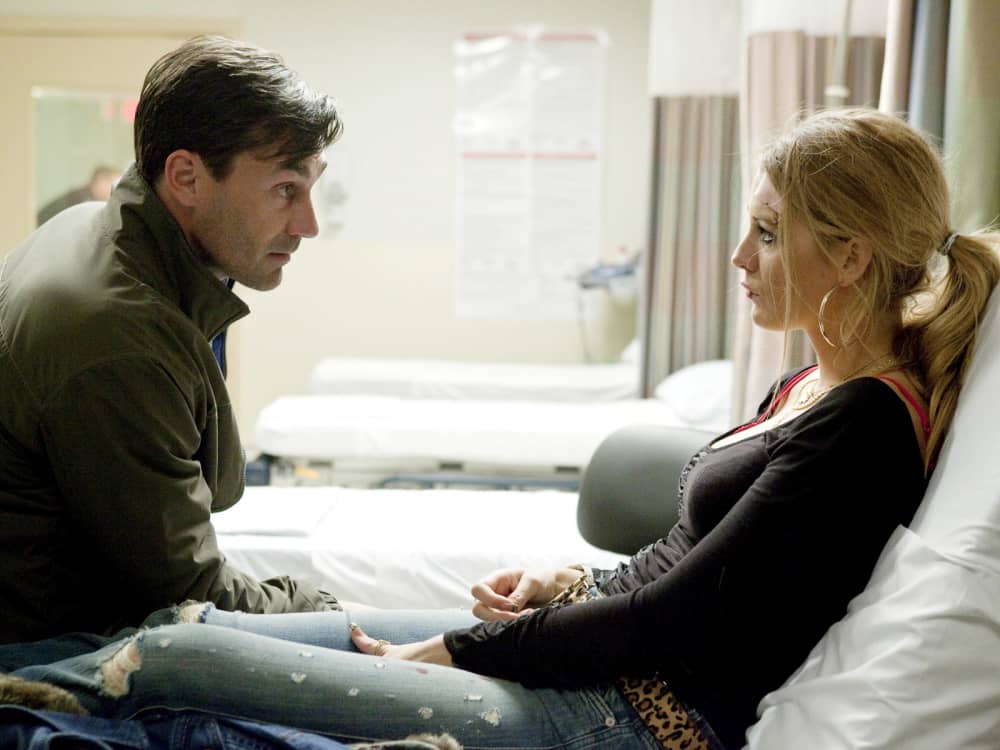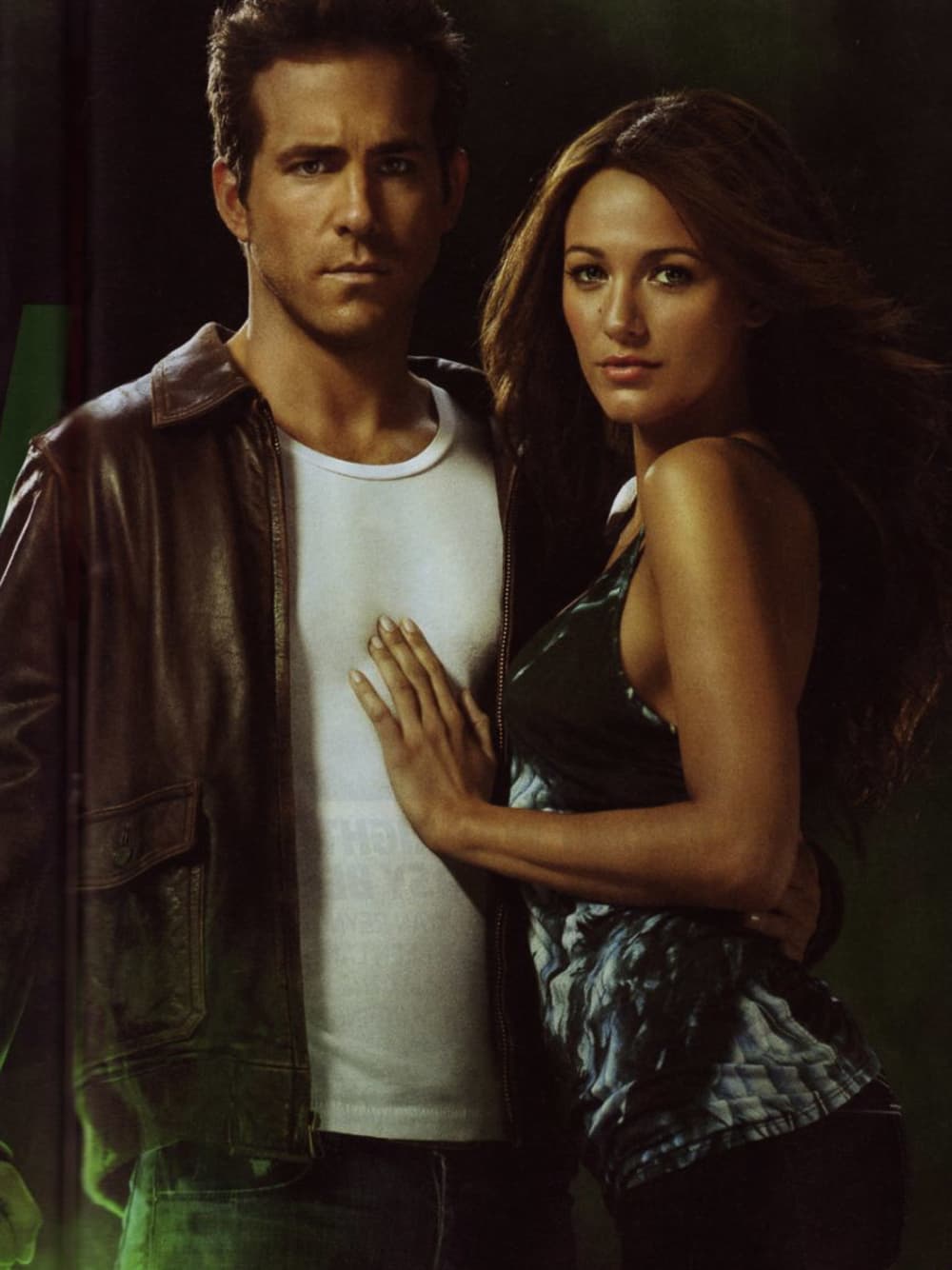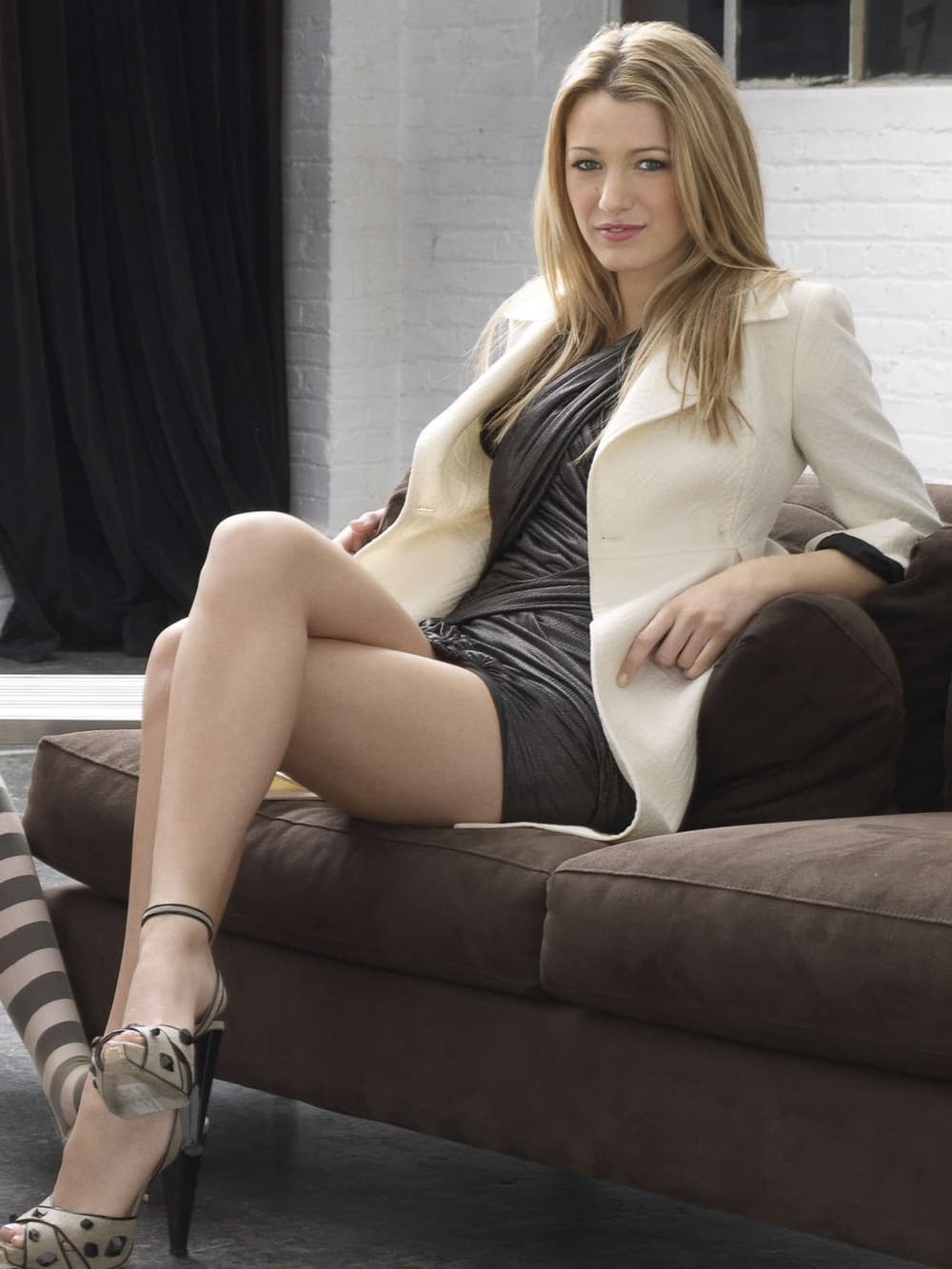Whether 2025 has been good or bad, you owe it to yourself to end this year with a bang. And that’s why your friends at CultureMap have laid out more than 20 places – bars, pubs, nightclubs, even a children’s museum – that’ll be closing out 2025 in a grand, festive manner.
Happy New Year, and drink as much bubbly as you can reasonably consume — just leave the driving to someone else:
Art Club’s first NYE will feature one of their favorite artists from this year: Neon Indian. Expect an unpredictable sonic journey with an artist who crafts immersive DJ sets that weave deep cuts, vintage textures, and dancefloor energy. 10 pm.
Axelrad will have a free NYE bash with a champagne toast, a midnight cash ball drop, and live music from bands Azul and Rupert & Friends, as well as DJ sets from Rikkiton, Eleven Toes Down, and IYKYK. Shop Local Market will also be there with vendors. 7 pm.
Bar Boheme will get the New Year started with Rudy Rincon & GRUPO KACHE, delivering infectious rhythms that'll have people dancing all night long. They’ll also have an all-you-can-eat buffet until 10 pm, a champagne toast with grapes, and more. 7 pm.
Best Regards will transform into a full winter wonderland/Alps-inspired Après-Ski lounge for “An Après Affair.” For this champagne-forward celebration (complete with DJ-led energy building to a midnight toast), faux fur, metallics, and "Alpine-chic" attire are encouraged. 8 pm.
Children’s Museum Houston will throw its annual NYE-during-the-day bash for kids, where they’ll be counting down until the clock strikes noon. The first 200 children will receive “Happy New Year” necklaces to kick off the celebration. 9 am.
Constellation Field in Sugar Land will host a midnight fireworks display as part of its Sugar Land Holiday Lights display. Adults (21-plus) can upgrade to the New Year's Eve Ball in the Regions Bank Club that includes an open bar, DJ, a champagne toast, and premium seating for the fireworks. 6 pm.
Dan Electro’s will be mixing vibes, funk, world reggae, and rock & roll for a New Year's concert in the Heights. Bayou City Funk, demrootsmusic, and Charlie Danger’s Jet Set will play the music, while champagne will be available for purchase. 8:30 pm.
The Flat will be opening its doors to partygoers looking to ring in the New Year with Jamaican grooves. For this NYE edition of “Reggae Wednesday,” Flabba Dabba and KingFari will be spinning tunes while Caribbean food will be available on the patio. 9 pm.
Flying Saucer Draught Emporium will have its third annual, interactive murder-mystery event on NYE. Ticket holders get access to the mystery and a complimentary welcome beer or cocktail, as well as private dining and access to their cocktail and reserve beer menu. 7 pm.
The Foundation Room at House of Blues will get real soulful with “If It Don't Feel Like 90s RnB: New Year's Eve Edition.” Host/local R&B vocalist Keith Jacobs will be providing the vocals, while The Ken Chatham Project serves up the sounds. 9 pm.
Grooves of Houston will throw a “Tux & Tennies” party, where dressing up in your finest evening wear (complete with fresh fly kicks) is a requirement. There will be a midnight cash balloon drop, a champagne toast, a brunch buffet, and much more. 8 pm.
Heights Social will be the starting point for the Heights NYE celebration on W. 20th St. For $60 (and two drinks), you can skip the line and check out the parties at Heights Social, BLVD Park, Say No Mas, and Cattlemen’s Country Club. 8 pm.
Hotel Saint Augustine will be throwing a free soiree in their listening lounge. Described as an evening “filled with elegance and indulgence,” with a complimentary midnight toast. But, to be honest, they had us at “music, decadent caviar, and truffles.” 9 pm.
Hotel ZaZa Memorial City will roll out the red carpet for a Hollywood-style NYE, so dress to impress. Wine, beer and cocktails will be flowing, with a bubbly toast popping off at midnight. There will also be live entertainment and a hors d'oeuvres station. 10 pm.
Houston Museum of Natural Science will ring in the New Year with “Mixers and Elixirs: New Year's Eve.” Enjoy live music from Danny Ray and the Atlantic Street Band, and catch a screening of Ocean’s Eleven (2001) in the Wortham Giant Screen Theatre. 9 pm.
McGonigel’s Mucky Duck continues its tradition of celebrating Irish New Year’s Eve, where they get their “Auld Lang Syne” on at 6 pm. Pat Byrne, Kristopher Wade, EJ Jones, and Frances Cunningham will be around with some fiddle music. 4:30 pm.
Meow Wolf Houston will have its first-ever NYE celebration inside Radio Tave, giving guests full access to explore the worlds while moving through distinct DJ-driven zones. The lineup features Houston artists Machine Elves, IMAX713, PHARAX, and KINOTE. 8 pm.
Neil’s Bahr will be adding something new to their annual NYE rager – karaoke! At their new location, partygoers will get the chance to sing their heads off. The party will also offer cheap champagne, classic cocktails, silly hats, and all the free hors d'oeuvres you can handle. 8 pm.
Numbers will serve up another NYE spectacular, which includes a $2,026 balloon drop at midnight, along with a champagne toast, and complimentary party favors. Longtime Numbers DJ Wes Wallace will be in the booth spinning. 9 pm.
Off the Record Listening Bar is planning a big New Year's bash with live sets from Keith Jacobs (again) & the B-Sides Band, DJ Ortiz, DJ Youngstreetz, and FlemmDoggyDogg. A welcome cocktail is given to the first 50 RSVPs. 8 pm.
Pimlico Irish Pub will continue its tradition of celebrating NYE on Ireland time, when the clock strikes midnight at 6 pm. They will have complimentary swag, a champagne toast, and a livestream of the Ireland NYE celebration. 2 pm.
POST’s New Year's Eve Celebration features a Great Gatsby-inspired celebration of glitz, glamour and over-the-top excitement. The grand finale will be a midnight fireworks spectacle orchestrated by pyrotechnic artists Celestial Displays. 9 pm.
Shoeshine Charley’s Big Top Lounge will have a NYE bash with performances by rockabilly group Shame on Me, synth-punk rockers TV Dolls, and Americana band Brightwire. There will also be a free champagne toast at midnight. 8 pm.
The Spot Lounge & Bar will celebrate NYE with its signature welcoming energy, music, handcrafted cocktails, and bubbly. A limited-edition, holiday cocktail lineup features festive twists on classics, blending bold seasonal flavors with approachable comfort. 2 pm.
Tejas Brewery will be celebrating the New Year with a rooftop shindig. Your ticket includes a free first beer and a champagne toast at midnight, as well as live music (from brotherly rock trio Wolf Moon) all night and a great view of the downtown fireworks. 8 pm.
Velocity - Sim Racing Lounge will have a special, family-friendly celebration. They’ll be hosting an exclusive ticketed event featuring unlimited sim racing, a live DJ, goodies throughout the night, light bites and, of course, that midnight champagne toast. 7 pm.
 Jon Hamm and Blake Lively in "The Town"
Jon Hamm and Blake Lively in "The Town" Ryan Reynolds and Blake LIvely in "The Green Lantern"
Ryan Reynolds and Blake LIvely in "The Green Lantern" Gossip Girl Blake Lively
Gossip Girl Blake Lively